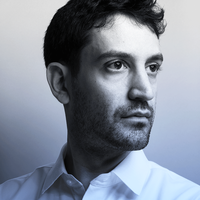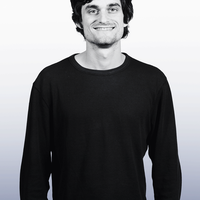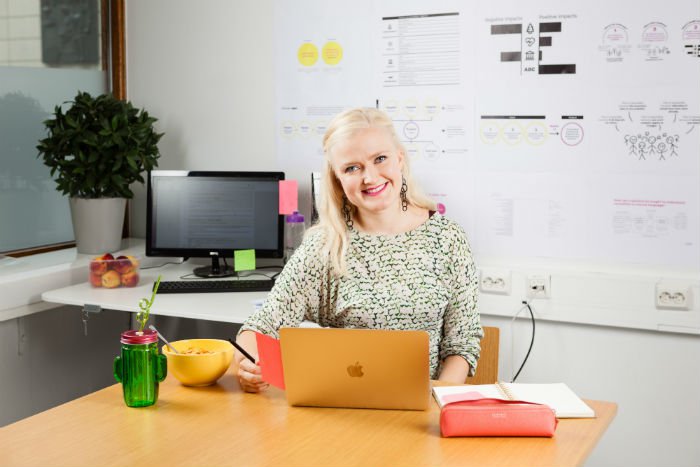Thanks to globalisation, the expansion of international trade and digitisation, it is now possible to purchase products and invest in companies from anywhere in the world with which you are not familiar. Anyone can do it quickly, from home and with just one click. But the lack of proximity makes it difficult to ascertain who is behind the companies, which benefits they bring to society or what actions they carry out in the development of their communities. These factors are of great relevance when the consumer has several apparently similar options. So what would happen if at the time reliable data was available on the value that each of the products or companies brings to society?
This is the question that Annu Nieminen asked herself two years ago. To answer it, this Finnish systems engineer and experienced entrepreneur created a quantification model assisted by artificial intelligence, aimed at producing information that is reliable and based on scientific and comparative data. With this model it is possible to know the precise impact of goods and products on the environment, on people’s health, on society and on the creation and distribution of knowledge, among other areas. Thanks to this innovation, Nieminen has become one of the winners of Innovators Under 35 Europe 2018 from MIT Technology Review.
The initiative became reality a little under a year ago, when this young woman officially created the company The Upright Project. She now has a team of six staff and has published her first two models: a commercial one, payable, aimed at investors; and a free of charge one, for employees. The model works with three ingredients: classification of goods and services, an impact assessment system, and a database with more than 80 million scientific articles. The result is an automated summary of the net impact of the company on society, which is scientifically verified.
This conclusion or impact is considered net because it always includes both the negative and positive effects of any product and/or service. From the user's point of view, the model can be customised to highlight the aspects that are of interest to them, rather than having to settle for the assessment of a set of universal values.
To make their analysis, The Upright Project uses the taxonomy of Eurostat, the Statistical Classification of products by activity in the European Economic Community, and they broaden it with products from the digital economy. Once these products and services are labelled, they move on to the evaluation model created by Nieminen. This scoring process consists of between four and six categories of different impacts, depending on the type of product or service and the user’s interest. For example, if it is about the environment, in addition to greenhouse gases it is possible to include other types of emissions, water pollution, and so on.
Within each of these six areas, positive and negative values are established, and subsequently, the three axes of the value chain are examined: the internal impact on the company, the background in the supply chain and, finally, the impact that is generated with the use of this product. In total 120 different data on each product enter the evaluation process. For example, in the tobacco industry, to determine the impact of manufacturing cigarettes aspects such as the water consumed and gases emitted would be considered, and also the energy efficiency measures and water savings implemented in the factory. Nieminen criticises the fact that when companies calculate the impact of their production, they only focus on some internal aspects, which "are just a fraction of its actual impact". In their reports, unlike what this model proposes, they do not usually take into account the external effects of these products such as, for instance, the effect of their production on people's health.
At the technical level, The Upright Project is supported by natural language processing technologies to relate the products and services with their impacts reflected in scientific publications. Its greatest innovation lies in the modelling of the value chains of all the goods that are traded globally and in teaching a neural network to understand and establish these relationships.
Koenraad Debackere, professor and executive director of the Research and Development department of the University of Leuven (Belgium) and member of the jury of Innovators Under 35 Europe 2018, asserts that Nieminen "has a clear focus to convert a great idea into reality." In terms of the project’s impact, he believes that "as soon as companies adopt this type of impact measurement, new inputs and information will be taken into account in the creation processes of products and services".
By Belén Balmonte
Translation: Lisa Rushforth




